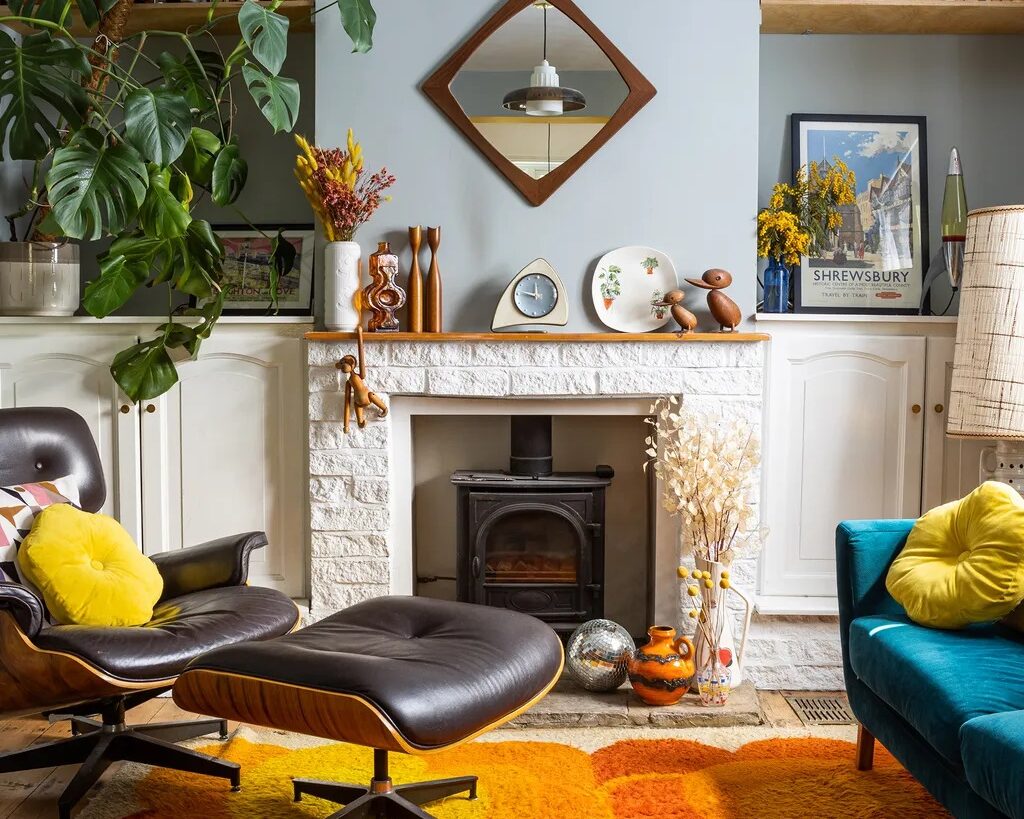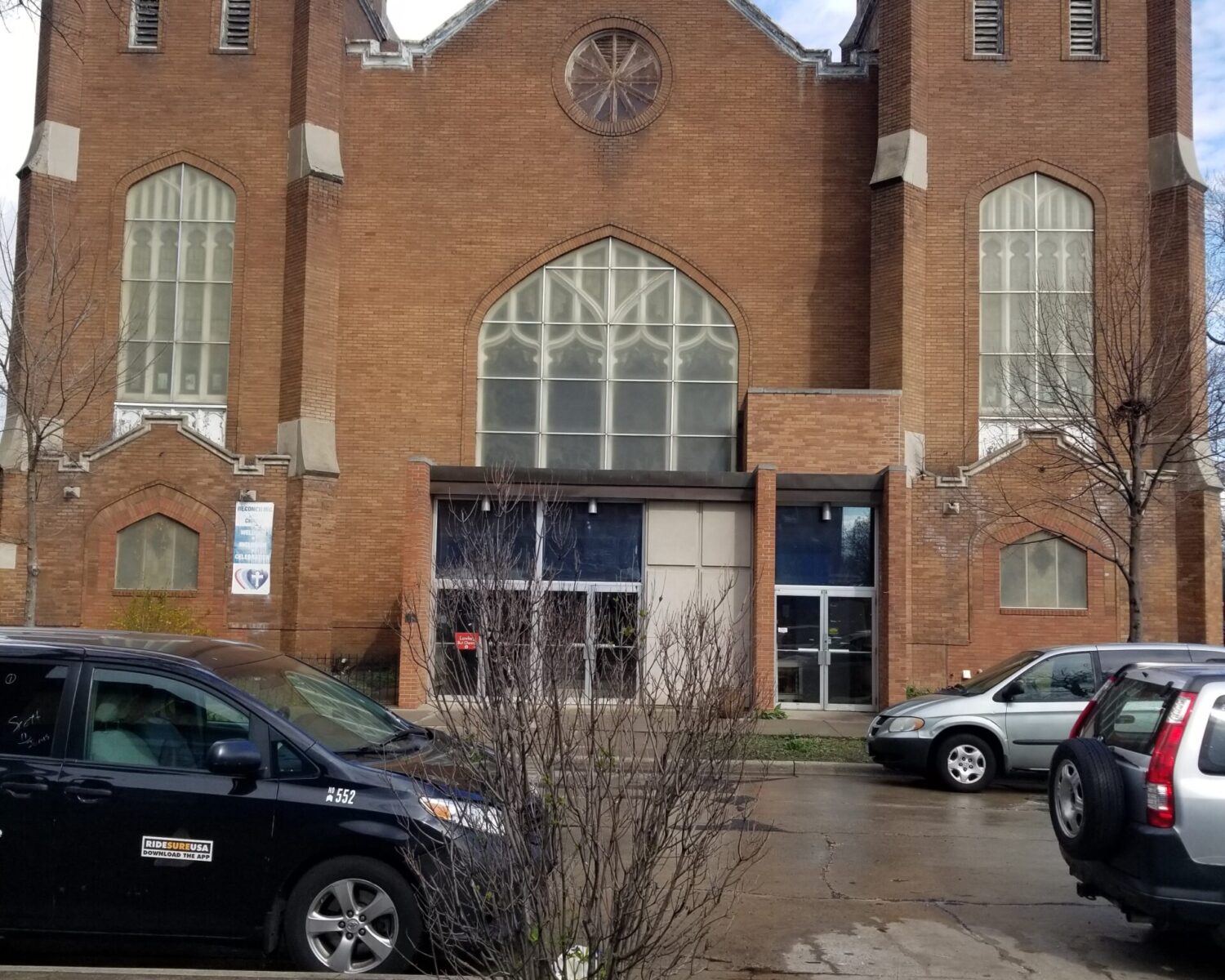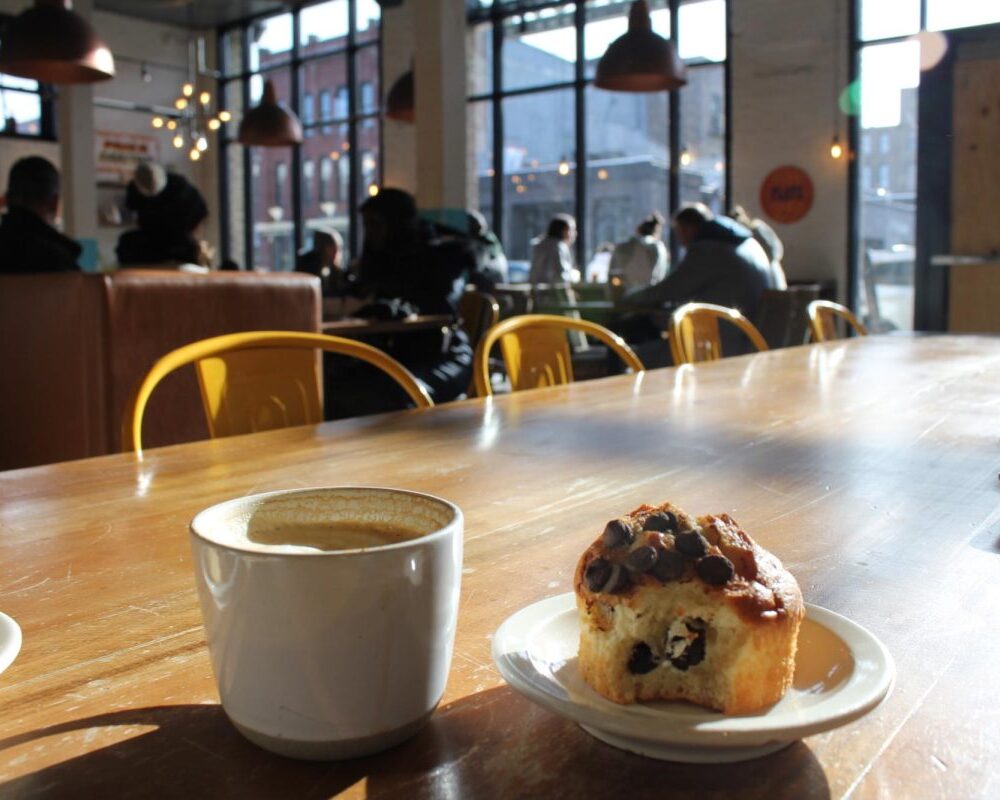Much truth lies in overheard speech, depending on one’s interpretation. “We are lucky,” I heard a woman say, “because here in America we have freedom.”
I recently had the good fortune to visit France on vacation for 10 days. My spouse and writing partner had longed for the trip, as she is a fluent speaker of French and had not visited the other side of the Atlantic Ocean for years. I hadn’t been to Europe since 2003.
There is no better way to see how the other half lives, as the muckraking photojournalist Jacob Riis phrased it, than by living amongst them, even for a short time. A trip to Europe can undercut the assumptions under which one has lived a whole life.
My diary reminds me of details like this: There is something nice in the way that French people exist in public space so nicely—never a raised voice, always a hushed din. Even at the bars where we went in Paris voices are kept low, and moderation also applies to food portions and alcohol and caffeine. While many Parisians smoke, they look trim and fit.
The history of France is palpable; on the trip I read Ian Davidson’s “The French Revolution: From Enlightenment to Tyranny.”
Of note, as one compares the U.S. and France, the former has had the same Constitution for two centuries, but the French changed governments in 1792, 1848, 1870, 1946 and 1958 (the First to the Fifth Republics). It’s odd to think of the U.S. as more stolid than France.
My partner and I toured Paris and its arrondissements (municipalities) and later took a trip to the southwest Gironde region with its Bordeaux wines.
The Gironde has produced the finest wines in the world for generations, and the region has been wealthy for just as long. The port city of Bordeaux accesses the whole world. “You eat wine; you do not drink it,” said one vineyard guide.
The region was wealthy enough that in the French Revolution, the two factions were the Paris-based rabble-rousers called the Jacobins and the more-conservative Girondins. Monarchy’s fall pitted the urban proletariat versus the wealthy provincials. The same conflict between urban and rural continues to play out.
Yet the political order seems more ordered on the east side of the Atlantic. The centrist politician Emmanuel Macron won the French presidency over anti-immigrant candidate Marine Le Pen. My partner and I witnessed the first round of voting, and you wouldn’t have known there was an election except for a handful of campaign posters which appear only at government-mandated locations. Campaign advertising is prohibited in the three months before the election.
You remember the election of 2016. Our own Supreme Court said that money equals speech in the Citizens United ruling. Our lawmakers spend more time fundraising than any other activity. We have a quid pro quo system—you pay me and I’ll pay you back.
Tell me our election system is better than France’s.
It’s cliché to say the United States is the greatest country on Earth, and that’s easy-enough propaganda for someone who hasn’t traveled. But if it was true, the details of everyday life would make a slam-dunk case. We are the wealthiest country in the history of the world, right?
Small details of my trip beckon me, such as how I felt when seeing French gendarmes protecting popular tourist sites like the Notre Dame cathedral in central Paris. Despite the cops holding HK416s, a rifle that looks like it could take down an elephant from a mile away, I somehow felt safe—a feeling with which I am not instilled at home.
The reason: the French guard is not given an impossible task. Here in the United States (I do not say “America” because our country is “of America”), our police must interact with every citizen knowing that every person is potentially armed. The threat of death: imminent.
And for what? Because we define our Second Amendment (with its phrase “a well regulated Militia”) to mean that anyone, save criminals, can be armed. Our nation has more guns than people.
Add to this the fact that in effect—let us be honest—the job we give our law enforcement is to patrol a giant underclass who are systematically deprived of privileges like income and education. The mentally ill cannot get treatment. So we build more prisons, and incarcerate more than two million citizens, the highest percentage in the world.
We think that if we create policies that address our fears, we will be less fearful, but of course the opposite occurs. It’s the American way.
Here, our cops kill citizens and get away with it, period. The only ones who don’t had the misfortune of being videotaped. As a white male, I am not part of the massive underclass bearing the brunt of this suppression, yet I fear the police—and they quite explicitly serve my interests.
The force of law matters more than we realize. If the French gendarme gunned me down for no reason, he’d face the music. In the U.S., the cops’ refrain is “better to be judged by 12 than carried by six.” That’s not freedom; it’s barbarism.
A French police officer was murdered in an act of terrorism at the famous Champs-Élysées and I walked next to a sidewalk memorial just two days after the event. The French response was to memorialize the dead, not to buy ammunition.
Should we be more like the French, then? Well, on some matters it couldn’t hurt. After renting a car in Southwest France, I could not help but notice that the French equivalent to our semi-tractor trailers are smaller, drive a maximum of 55 miles per hour (90 kilometers per hour), and stay in the right lane of traffic.
Here in the U.S., it’s typical to get passed by a semi going 80 or more and weighing 80,000 pounds (40 tons). Think of the unnecessary vehicle deaths we have on our roads due to this alone, aside from our culture which oddly compels people to stare at their cellphones while driving.
In the Star-Tribune, I read about a road rage incident on 694 near White Bear Lake where a motorist in a white Escalade shot someone’s window out because the victim “had slowed to let someone cut in front of her.” The example has so much of what is wrong with our culture: guns, violence, entitlement, giant gas-guzzling automobiles.
But who am I to judge, really? I could imagine committing road rage and being a victim of it. The fact is that we live with unnecessary anxiety, because we have made a system that creates it. We are the authors of our suffering.
The story in this case and many others is how we define “freedom,” of course, but also how our two-party system leads to policies that so often benefit the few at the expense of the many. Most European countries have the parliamentary system, where more than two parties have a vote—and therefore influence.
In our country, one has the freedom to buy influence. Donald Trump became our president in large part because he was willing to question the bipartisan consensus on trade and immigration—Democrats and Republicans both take guidance from people who benefit from open immigration (which undercuts labor costs for business interests and gets Democrats potential voters) and globalist trade deals (which benefit international corporations but hurt those in “local” trades).
We Americans handle immigration much better than the French. Here it takes one generation for immigrants to assimilate. Some people complain about “birthright citizenship,” but they don’t have the same thing in France. The banlieues (or suburban ghettos) are the result. I did not happen to see these areas.
Then again, it’s hard to see gentrification in Paris: it’s been happening for centuries.
While our immigration policies differ, in France I could not help but notice that in the U.S., we are resigned to bad policies, and it’s obscene. Twenty first-graders get brutally gunned down at Sandy Hook Elementary School in Connecticut, and more than half of our policymakers offer nothing more than prayers, because changing policy is out of the question.
Recently, a bill to “repeal and replace” the Affordable Care Act was greeted by our corporate news media as a “win” for the Trump Administration. If passed, this is a law that would make health insurance unaffordable for millions, and in turn literally kill people.
Shrug.
It goes without saying, but that passivity does not seem to be in the DNA of the French, who are known for demonstrations and strikes. That said, daily life in Paris and the countryside follows a languid pace, and in general people have less anxiety there than here in the U.S. The OECD Better Life Index ranks France third for work-life balance.
How is your work-life balance? I like my quality of life, but it took 70-hour work weeks to find comfort. But our gains feel constantly under threat.
President Trump uses the language of “winners and losers,” and if one is a regular Joe here in the good old U.S. of A., one has taken a lot of losses over the years. Inflation-adjusted median household income has crawled from $44,000 a year in 1967 to $54,000 in 2014 (according to the U.S. Census Bureau). Meanwhile the Gross Domestic Product of the U.S. has exploded from $4.4 trillion to $17 trillion over the same period (according to the U.S. Bureau of Economic Analysis). Our country’s total wealth has grown fourfold in the last 50 years. But do you feel it?
According to economic research by Thomas Piketty (“The Top 1 Percent in International and Historical Perspective” in Journal of Economic Perspectives, 2013), as taxes have dropped on the wealthiest Americans over the last 50 years, the top 1% of income earners have swallowed much of the income gains over the same period.
France has lowered its tax rates on the wealthy far less, so economic gains have been more equally shared. (This is not to say that France is immune from the effects of globalization.)
That American Health Care Act I mentioned earlier? It’s a tax cut for the wealthy disguised as a healthcare law.
Trump is right about one thing: We’re losing. His policies to address that problem, however, are comprised of giving wealthy people even more. The problem as I see it is simple: unfettered capitalism behaves amorally. In Europe, outré ideas like Marxism did not, and still don’t, get rejected out of hand.
Remember the Hippies of the 1960s? Here in the U.S., they became Don Henley’s Deadheads in Cadillacs. The May 1968 movement in France had students join with laborers and the women’s movement to gain actual policy changes, like higher wages, improved working conditions, and a modernized education system.
These kinds of changes mean a lot to daily life. Service staff in France do not work for tips; instead they get paid a fair wage. Imagine calculating a tip for the last time.
French people take vacations en masse in July and August every year. In 2015, Americans let 658 million days of vacation go unused, according to the nonprofit Project: Time Off—a collective $61.4 billion benefit wasted.
We know that the profit motive has pernicious effects for health care, education and the environment. Capitalism exacerbates inequality, creates an unfair justice system, and above all puts money above human values.
From the beginning of our republic, the conflict has been between our ideals like “the pursuit of Happiness” and clear evils like slavery. But slavery was good for business, right? France banned the slave trade at home and in its colonies in 1794, while de jure (i.e. legal) racial inequality lived on in the U.S. until 1965.
Behind every great fortune lies a great crime, the French writer Balzac wrote. We Americans seem in a perpetual state of denial. What is ugly about American Exceptionalism isn’t its idealism—indeed we should aspire to be a “City upon a Hill” as John Winthrop put it in 1630. What’s repugnant is that with American Exceptionalism comes the idea that rules don’t apply to us. That was how George W. Bush took us to Iraq.
I’ve heard it said that conservatives love America but dislike its inhabitants. I for one want to reform our great country from within, and I am sure that the tides will turn again soon enough. The ship of state requires great patience to change direction, and continuity is one advantage we have on the French.
It starts with changing our laws and interpreting them fairly for everyone. A good start would be to stop giving corporations the same rights as people. Another reform we need is in making the tax code fair for working people.
According to Forbes magazine, the U.S. has nearly 600 billionaires, while France has 38. Think about what a billionaire means beyond the “bootstraps” propaganda. A billionaire takes a little piece of the economy—our economy—and makes it his. The billionaire takes a little piece of you and does not pay you back. This little piece of yourself goes without notice until you notice an absence that you did not realize was there until you stepped outside of your immediate reality, such as when I became a temporary Frenchman.
Left to my own devices, I would do many things differently than we do in our country, like how we use energy, consume TV and the internet, move ourselves in the transportation system, and heal ourselves with health care.
Yet here in the U.S., I do not get to have things the way that I want because a tiny interest group, the billionaire and his class, get to have things the way that they want. The little piece of me is that I have to use coal power for energy, I consume bad content on television and the internet, my car is bigger than it needs to be and uses more gas than it must, and my health care profits some unseen shareholder.
We live in this American system, but the system is not made for our interests.
The way we do things can actually be different—that’s my French lesson.























